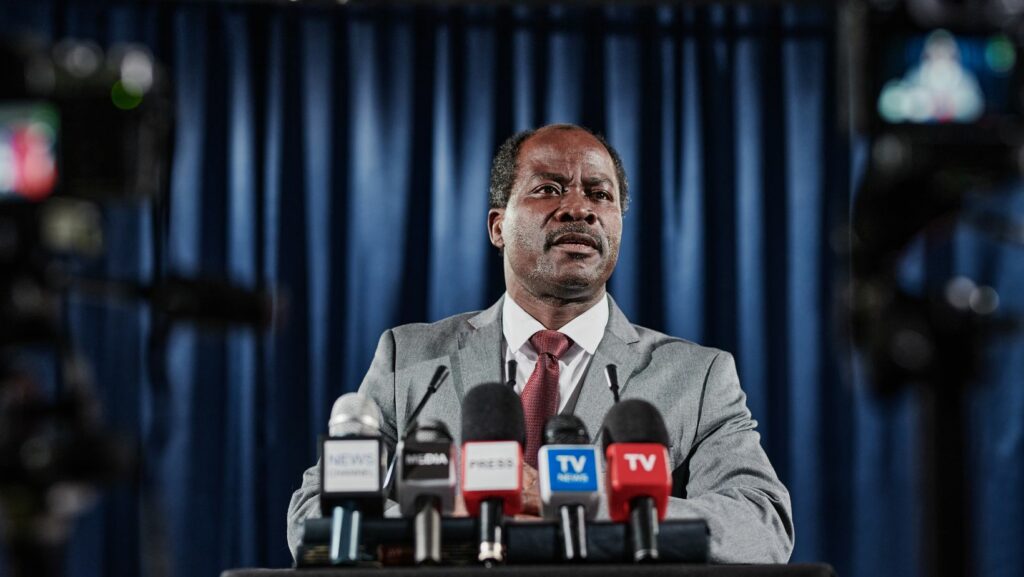Arizona’s political landscape is as dynamic as its desert scenery, capturing national attention with its unique blend of traditional values and progressive movements. As a pivotal swing state, Arizona plays a crucial role in shaping the political narrative, with its diverse electorate reflecting a microcosm of the broader American political spectrum. From contentious elections to groundbreaking legislation, the state’s political scene is a hotbed of activity and intrigue.
In recent years, Arizona has emerged as a battleground for key political issues, including immigration reform, education funding, and environmental policies. The state’s leaders, both seasoned politicians and rising stars, are at the forefront of these debates, influencing policy decisions that resonate far beyond state lines. With each election cycle, Arizona continues to be a focal point for political analysts and enthusiasts alike, eager to understand the evolving dynamics of this influential state.
Arizona Political News
 Arizona’s political scene is dynamic and influential, making headlines with its shifting power dynamics and legislative updates. This pivotal state continues to capture the attention of political strategists and voters nationwide. From contentious elections to groundbreaking legislation, the state’s political scene is a hotbed of activity and intrigue.
Arizona’s political scene is dynamic and influential, making headlines with its shifting power dynamics and legislative updates. This pivotal state continues to capture the attention of political strategists and voters nationwide. From contentious elections to groundbreaking legislation, the state’s political scene is a hotbed of activity and intrigue.
Arizona’s political landscape features influential figures from both major parties. Governor Katie Hobbs, a Democrat, leads the state with a focus on education and water management. On the Republican side, former governor Doug Ducey has played a significant role in shaping economic policies. Emerging leaders like Kyrsten Sinema and Mark Kelly, both Democratic U.S. Senators, continue to impact national political discourse.
Recent Legislative Changes
Arizona’s legislature has witnessed significant changes impacting various sectors. Recent laws address water conservation measures and aim to improve the state’s critical water resources. Education funding reforms seek to address disparities in public school resources, while adjustments in tax regulations affect business operations and attract new ventures to the state.
Republican Party’s Influence
 The Republican Party maintains substantial influence in Arizona’s political sphere. They’ve focused on economic growth through business-friendly policies and tax cuts with both parties gearing up for intense campaigns, the focus will likely remain on pivotal issues such as immigration, education, and economic policies. The party has been active in promoting conservative social values, engaging voters on issues like gun rights and education curriculum changes. These strategies are crucial for maintaining a foothold in Arizona’s competitive environment.
The Republican Party maintains substantial influence in Arizona’s political sphere. They’ve focused on economic growth through business-friendly policies and tax cuts with both parties gearing up for intense campaigns, the focus will likely remain on pivotal issues such as immigration, education, and economic policies. The party has been active in promoting conservative social values, engaging voters on issues like gun rights and education curriculum changes. These strategies are crucial for maintaining a foothold in Arizona’s competitive environment.
Democrats in Arizona have adopted strategies targeting the state’s growing urban populations and shifting demographics. They’ve emphasized healthcare access, environmental sustainability, and education improvements. The Democratic Party seeks to expand its reach by connecting with younger voters and diverse communities, framing progressive policies as beneficial for Arizona’s future.
Immigration and Border Control
 Immigration remains a contentious topic in Arizona. Policies surrounding border control are critical, given Arizona’s proximity to Mexico. State officials debate on balancing security and humanitarian needs, with Republicans advocating for stricter controls and Democrats pushing for comprehensive immigration reform. These discussions impact Arizona’s role in national immigration policy debates.
Immigration remains a contentious topic in Arizona. Policies surrounding border control are critical, given Arizona’s proximity to Mexico. State officials debate on balancing security and humanitarian needs, with Republicans advocating for stricter controls and Democrats pushing for comprehensive immigration reform. These discussions impact Arizona’s role in national immigration policy debates.
Arizona’s political landscape continues to captivate observers as upcoming elections promise to further define its role on the national stage. With both parties gearing up for intense campaigns, the focus will likely remain on pivotal issues such as immigration, education, and economic policies. Candidates will need to appeal to Arizona’s diverse electorate, balancing traditional values with progressive demands. As new leaders emerge and established figures continue to wield influence, Arizona’s political scene remains a dynamic and essential component of the broader national dialogue. Voters and analysts alike will be watching closely, anticipating how these developments will shape the state’s future and impact the national political arena.



